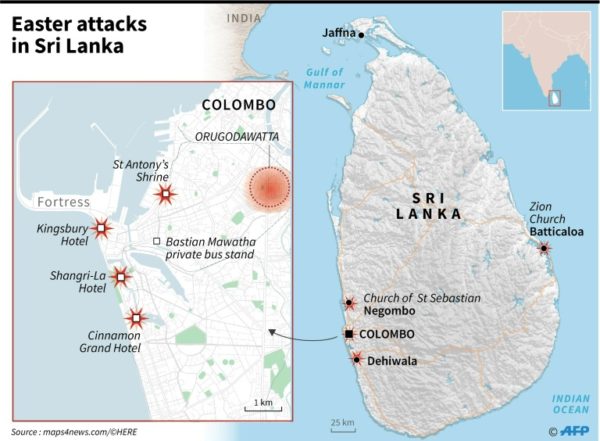7667766266
enquiry@shankarias.in
What is the issue?
What happened?

What does it suggest of IS?
How is IS expanding?
What are the emerging challenges for the States?
Source: The Hindu